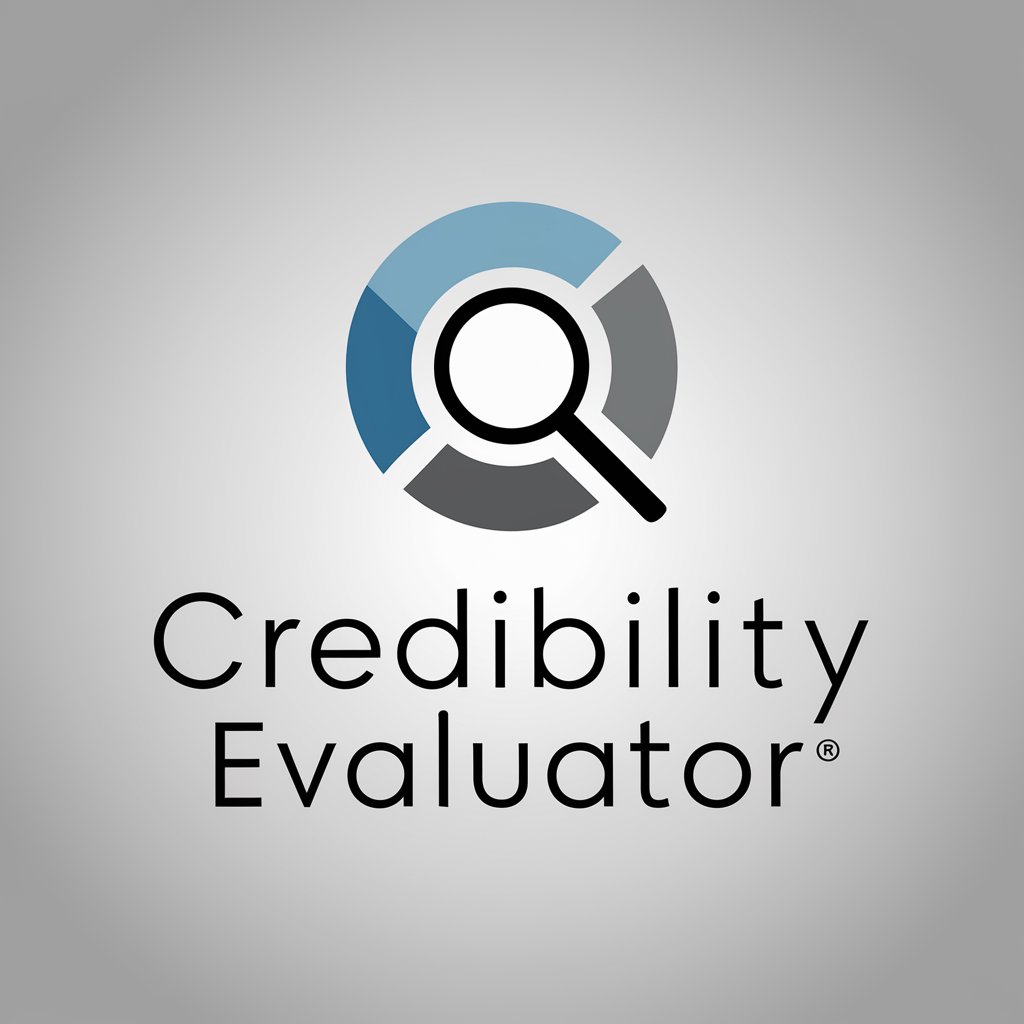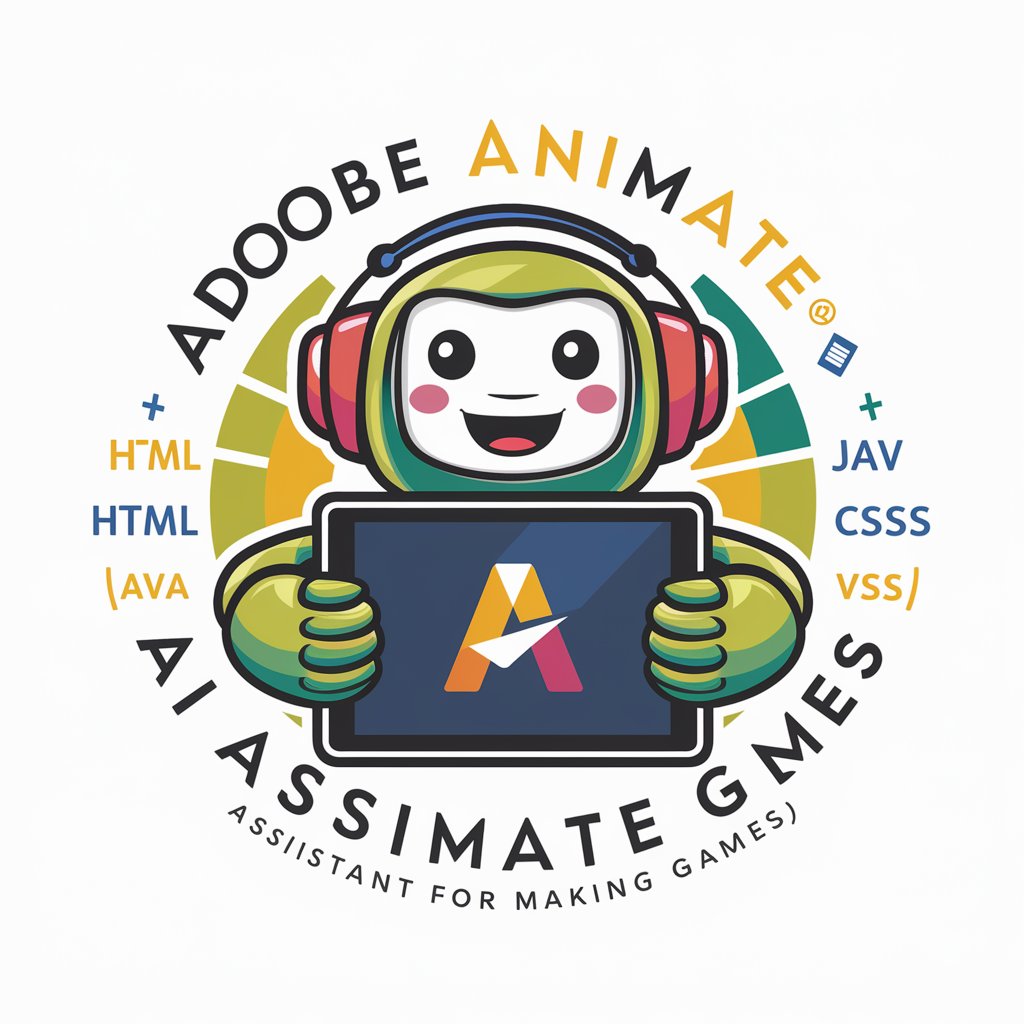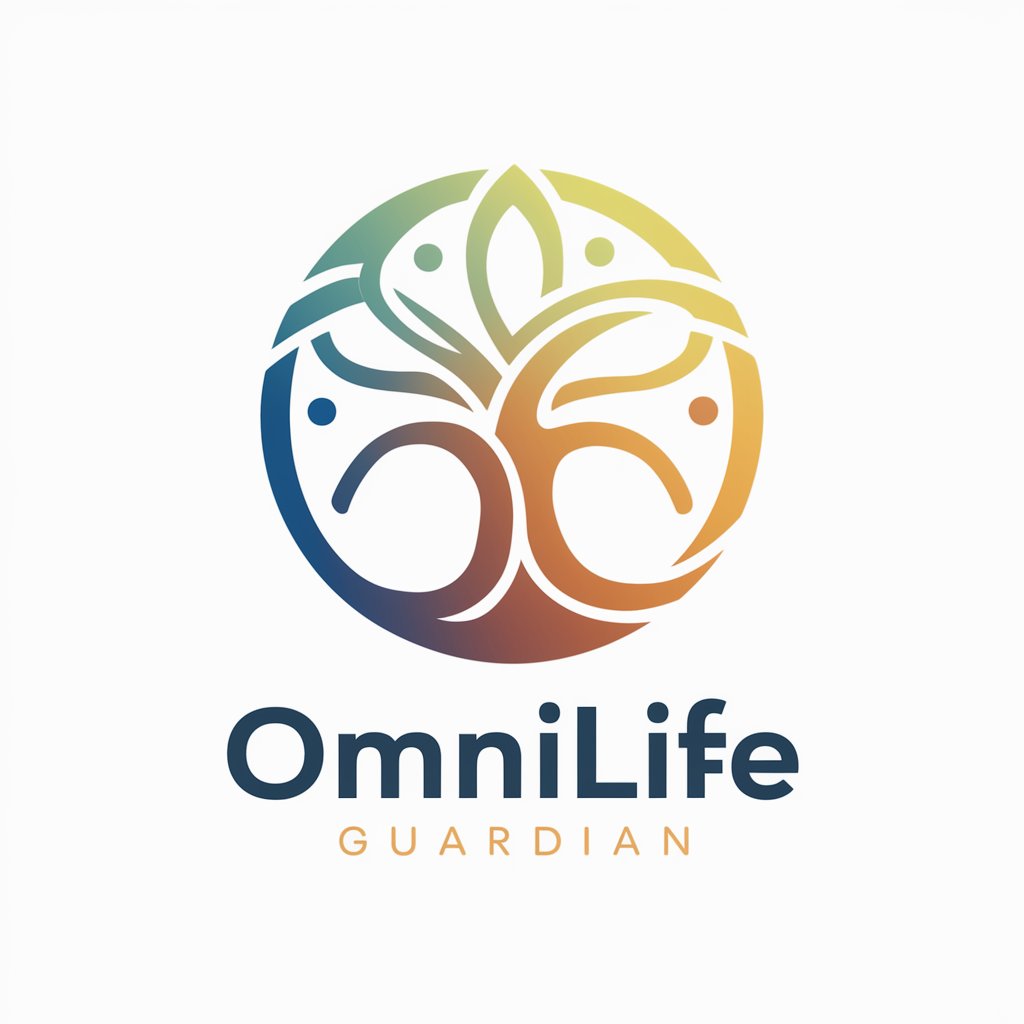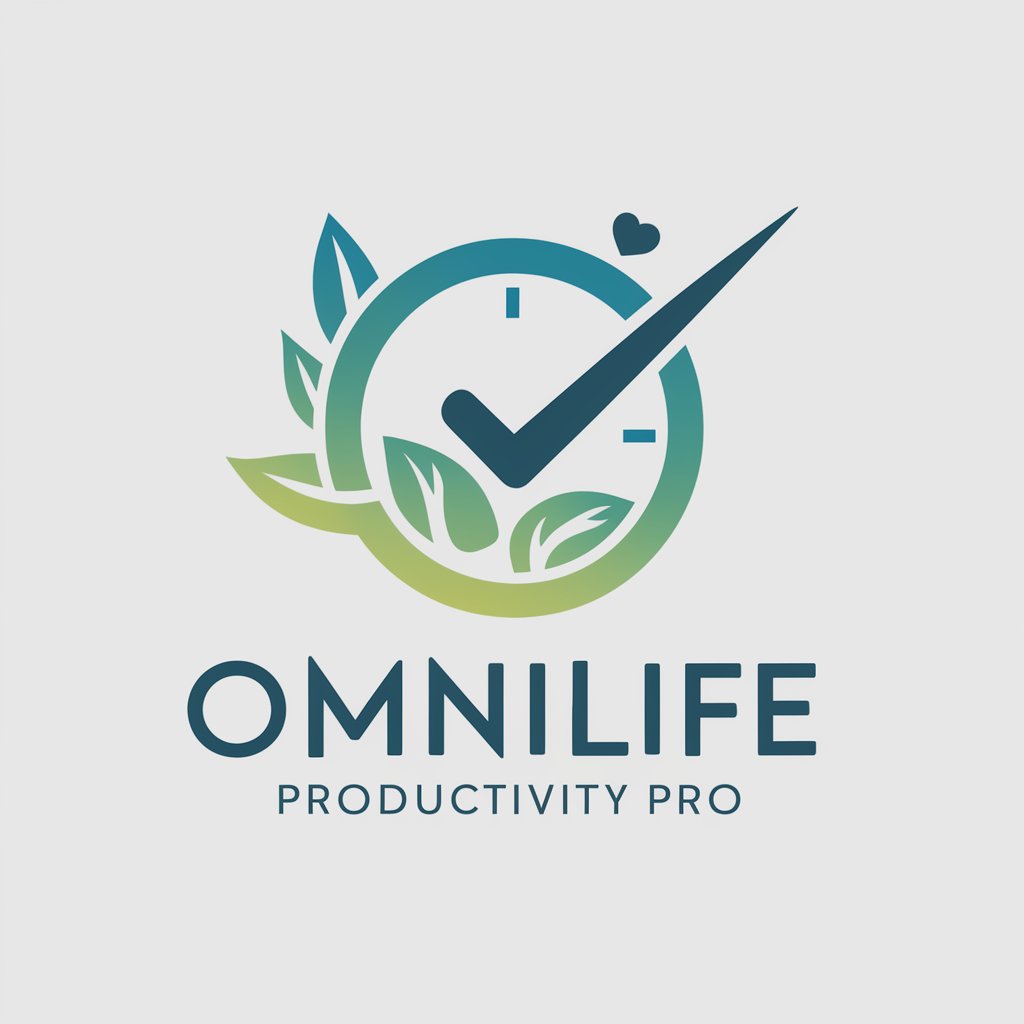Credibility Evaluator - Credibility Assessment Tool

Hello! How can I assist you with evaluating credibility today?
AI-Powered Trustworthiness Checker
Analyze the credibility of this news article:
Evaluate the reliability of this research publication:
Assess the trustworthiness of this website:
Review the sources and claims made in this blog post:
Get Embed Code
Overview of Credibility Evaluator
The Credibility Evaluator is designed to assess and rate the credibility of links, focusing on news articles, academic publications, blogs, and general information websites. Its primary goal is to provide users with a credibility score ranging from 1 to 10, based on the quality of information, reliability of the source, and strength of evidence presented. This evaluation process includes analyzing language and tone for bias, verifying facts and cited sources for their relevance and accuracy, and assessing the presentation quality. Examples of its application include analyzing a news article for bias and accuracy, assessing the credibility of a research paper, or evaluating the reliability of a blog post on a new technology. Powered by ChatGPT-4o。

Key Functions and Real-World Applications
Analysis of Language and Tone
Example
Evaluating a news article for bias and sensationalism.
Scenario
In a scenario where a user submits a news link, the Credibility Evaluator examines the article's language for signs of subjectivity or emotional phrasing, aiming to identify any bias or sensationalism that may affect the article's credibility.
Verification of Facts and Sources
Example
Checking the accuracy of claims in a health blog.
Scenario
When presented with a blog post claiming a new diet cures chronic diseases, the Evaluator would list and verify the sources cited, check the claims against established medical research, and rate the post's credibility accordingly.
Quality of Presentation
Example
Assessing the structure and clarity of an academic paper.
Scenario
For an academic publication, the Evaluator reviews the paper's organization, writing clarity, and adherence to grammatical norms to ensure the content's seriousness and professionalism.
Target User Groups
Academic Researchers
Researchers and students who need to verify the credibility of various sources for their academic work would benefit greatly. This tool helps them identify reliable sources, ensuring the integrity of their research.
Journalists and Media Professionals
These users require accurate and unbiased information for reporting and storytelling. The Credibility Evaluator assists them in vetting sources and information, which is crucial for maintaining journalistic integrity.
General Public Seeking Reliable Information
In an era of misinformation, the general public benefits from a tool that helps distinguish credible information from false or misleading content, particularly in critical areas such as health, science, and politics.

How to Use Credibility Evaluator
Start Your Trial
Access a free trial easily at yeschat.ai, no ChatGPT Plus subscription or login required.
Choose Your Content
Select the article or web link you wish to evaluate for credibility and paste it into the tool.
Review Guidelines
Familiarize yourself with the evaluation criteria to understand how credibility scores are calculated.
Submit for Evaluation
Press the 'Evaluate' button to submit your chosen content for a comprehensive credibility assessment.
Analyze Results
Review the detailed credibility report, including scores and insights on how to interpret them for your needs.
Try other advanced and practical GPTs
Meme Creator
Turn ideas into memes effortlessly with AI.

Tutor de español personal
Learn Spanish with AI Assistance

Palette Pro
AI-powered color inspiration at your fingertips.

Adobe Animateでゲームを作るお手伝いするマン
Empowering game creation with AI

Calories Calculator
Discover What's on Your Plate with AI-Powered Analysis

Zoom Video Creator
Create Zoom-Out Videos with AI

OmniLife Assistant
Empowering Your Health Journey with AI

Competitive Learning Guardian
Empowering Learning with AI Insight

OmniLife Guardian
Empowering Lives with AI Expertise

Interactive Code Mentor
Empowering Coders with AI-Powered Learning

Global Love Insights Navigator
Navigating Love Across Cultures with AI

Omnilife Productivity Pro
Elevate Your Productivity with AI

Frequently Asked Questions about Credibility Evaluator
What is Credibility Evaluator?
Credibility Evaluator is an AI-powered tool designed to assess the reliability and credibility of information within articles, academic papers, blogs, and general web content, providing a score based on various criteria.
How does the scoring system work?
The tool analyzes content using criteria such as language use, fact-checking, source credibility, presentation quality, and author expertise to assign a credibility score ranging from 1 to 10.
Can Credibility Evaluator check any type of content?
While versatile, it is optimized for written content such as news articles, academic publications, blogs, and informational websites. It is less effective with speculative, unverifiable, or non-public information.
Is the tool suitable for academic research?
Yes, it is particularly useful for students, researchers, and academics seeking to verify the credibility of sources cited in their work or for literature reviews.
How can I improve the accuracy of the evaluation?
Ensure the content is complete and from a publicly accessible source. Providing context or specific areas of concern can also help tailor the evaluation more effectively.
